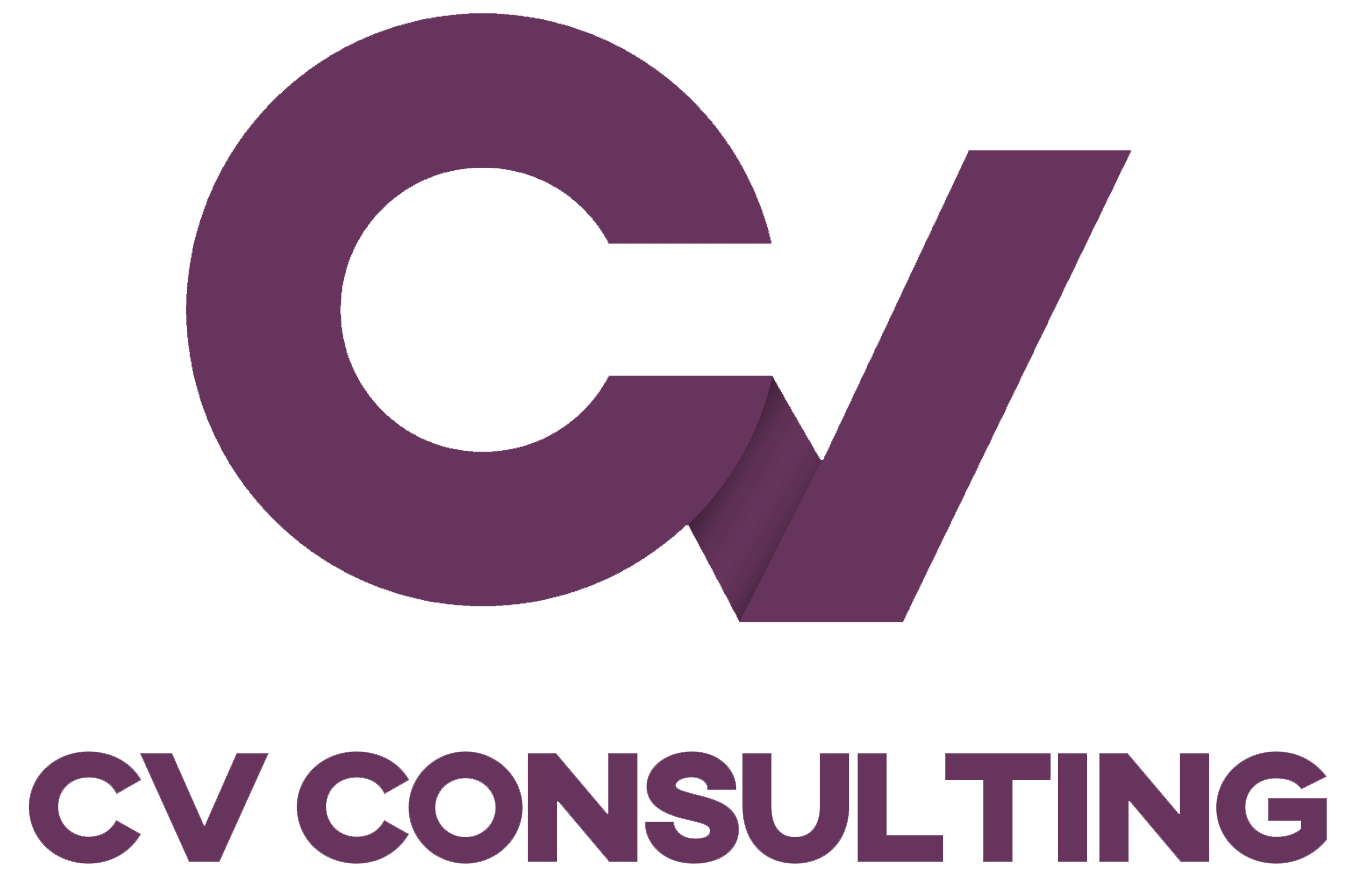8 Essential Interview Questions to Ask an Engineer
If you’re looking to grow your Engineering team, hiring someone with strong skills who is a good fit for your company culture will likely be your top priority. But narrowing down your shortlist to find the right person, especially in a candidate-short market where skilled people are hard to come by, is not so straight forward. While each stage of the recruitment process (from assessing CVs to conducting references) will play an important role in helping you identify the best of the best, the interview is one of the most telling steps – if you ask the right questions.
To give you the greatest chance of finding your ideal hire, here is a selection of the top interview questions to ask an Engineer, along with the reasons each one will be helpful to your decision-making process and what to listen for when the candidate answers.
1. What software and technologies are you familiar with?
Why ask it?
This is a common technical Engineering interview question that helps you understand if the candidate’s experience and skillset are the right match for your role. This question allows the candidate to speak a little about their professional interests, as well as illustrate how they stay abreast of industry changes and trends. It might also give you an insight into the type of learner they are. For instance, one candidate might be very self-directed and prefer to work alone, while another may like to collaborate and enjoys a team environment.
A good answer showcases:
- A match with the technologies or software needed for the role (or a firm willingness to learn)
- A breadth of knowledge about current industry issues and trends, and the proactiveness to keep up with them
- What type of learning style do they prefer
2. Describe the most challenging Engineering project you’ve been part of. What was the outcome, and what did you learn from it?
Why ask it?
Challenge is at the very heart of being an Engineer, so a great applicant should have no trouble picking from a plethora of examples, whether in a previous workplace or during their university.
The outcome section of their answer will give you a glimpse into their resilience, problem-solving abilities, and capacity for self-reflection (an essential element of professional growth). Keep in mind that the results don’t always have to be positive – the ability to learn from their mistakes and use experiences to adapt their approach in future is just as valuable for Engineers to demonstrate.
A good answer showcases:
- Excellent problem-solving and critical thinking skills
- Perseverance despite difficulties
- Some level of zeal in describing the outcome and/or beating the challenge
3. Tell me about an experience with a difficult client or colleague. What did you do? In hindsight, is there anything you would have done differently?
Why ask it?
At one time or another, we’re all faced with a challenging customer or colleague, and it’s no different in the Engineering game. It might be a co-worker who is not carrying their share of the project or a client who has unrealistic expectations. In answering this question, the candidate demonstrates their conflict resolution style (did they go it alone or prefer to seek extra support?), along with their capacity to remain level-headed and professional during a tough encounter.
A good answer showcases:
- A well-considered reply that aimed to soothe rather than inflame
- Whether they listened to and took the time to really understand the client or colleague’s pain point
- Their rationale for finding a resolution
- The ability to persuade, negotiate and manage expectations (this will come in handy in a team environment or when working with various stakeholders)
4. Tell me about a time when you were asked to work within a tight budget. How did you handle cost reductions?
Why ask it?
Some Engineering projects operate under tight cost constraints. Being able to do more with less is a valuable trait, and the answer to this question may reveal that. It could also give you some insight into the candidate’s personality and work style. Depending on their answer, you will quickly see how they prioritise, organise and problem-solve, plus how they work under stress.
A good answer showcases:
- What strategies and resources they used to improve cost-efficiency
- The ability to manage competing priorities and complete a project on budget, while still achieving core deliverables
- What they learnt from the experience
5. How do you explain complex Engineering ideas to an audience who’s unfamiliar with the topic during a presentation or an important meeting?
Why ask it?
Communication skills are crucial for many Engineering roles, and this question allows you to identify whether the individual can distil technical concepts into something that’s succinct and easy to grasp for people outside the specialism.
A good answer showcases:
- The ability to tailor explanations to the needs of the audience
- Use of analogy or storytelling to illustrate ideas
- An attempt to demonstrate impact rather than merely explaining how something works (benefit over feature)
- An effort to avoid jargon and focus on key takeaways
- A willingness to ask for feedback and improve communication skills
6. What processes do you have in place to detect and prevent mistakes in your work?
Why ask it?
The answer to this question will show you the inner workings of the candidate’s mind. They’ll have to draw on their analytical, technical and reflective skills to provide an answer. This will help you understand their work style – whether they work slowly and methodically, rely on digital systems to self-assess, talk things through with a colleague or a combination of all.
A good answer showcases:
- A defined and well-thought-out process to catch or prevent errors
- A systematic approach and an eye for detail
- The ability to adapt and create novel strategies when the situation requires (not essential, but a bonus if they do)
7. Think back to the most recent criticism you received from a manager. How did you respond?
Why ask it?
This is a variation on the traditional ‘what are your weaknesses’ question. It tests their communication style and their willingness to not only take on constructive criticism but use it to support their professional (and personal) growth.
A good answer showcases:
- Openness to receiving feedback and readiness to accept shortcomings
- A drive to take a positive out of a negative by applying what they learnt from the situation to future work
8. Is there an Engineering concept that you think could be improved? If so, how?
Why ask it?
The Engineering sector is ever-changing, and an A-grade Engineering candidate understands this well. By asking this question, you can get a clearer picture of whether the person tends to follow the status quo or tends to be more innovative and open-minded. This is certainly the type of thinker you want on your team – one who is prepared to think outside the box and continuously strive for improvement.
A good answer showcases:
- Critical thinking and creativity
- A methodical and logical approach to process improvement
- A results-focus that drives them to seek better/more efficient/more cost-effective outcomes
Summary
These are just some of the top interview questions to ask an Engineer – there are many more you can consider that may suit your individual business circumstances better and help you find that ideal candidate.
With over 25 years of Engineering recruitment experience across the UK, we’ve done our fair share of candidate interviews! As such, we intimately understand what questions will glean the right insights for our clients, so they can fill their role faster and with minimal stress.
Please get in touch if you’d like some extra support with hiring your next Engineering superstar!

